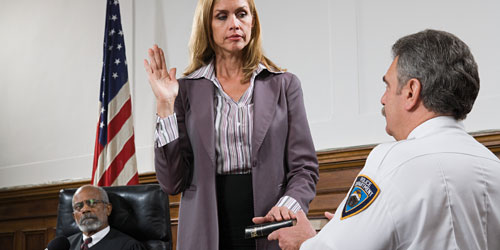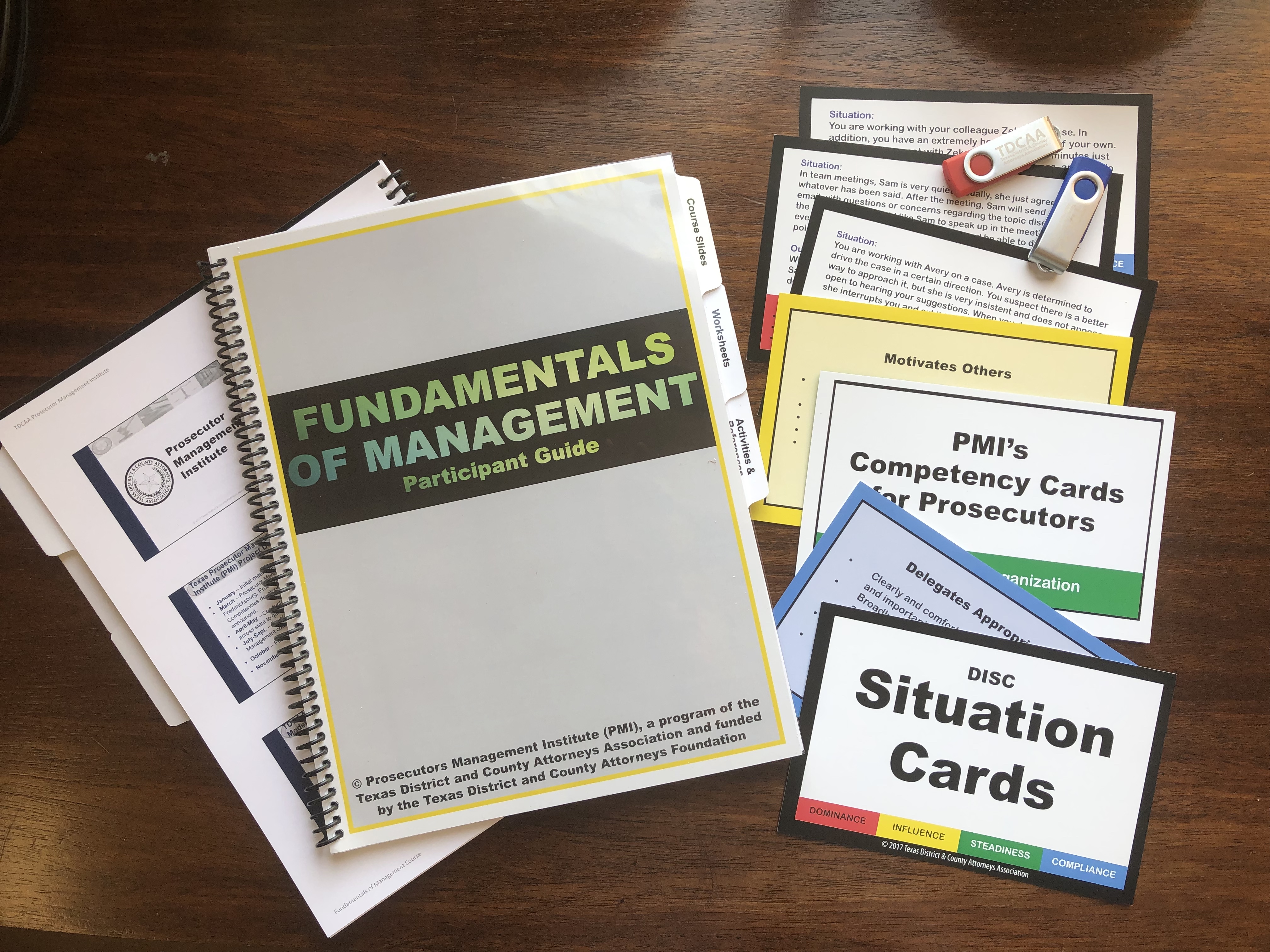We thought we’d squeeze an update between the holiday break and this week’s Elected Prosecutor Conference in Frisco (walk-in registrations will be accepted if you aren’t already signed up, so come and join us!).
News from Austin
The current Fourth Called Session is scheduled to end on Wednesday, December 6, but now that the governor’s plan for school choice legislation has been dealt a fatal blow in the House, the two chambers could adjourn sine die before then. The only legislation still in play is SB 3 by Huffman/Jetton (border wall/border security funding), which the House returned to the Senate with an amendment to allow its newly-appropriated grant funds to be used for local border law enforcement and prosecution expenses. However, both the House and Senate met briefly today only to recess until Thursday, so no action has been taken on that proposed change.
Pending the outcome of that border security bill, the conventional wisdom is that the two chambers will adjourn for good without passing school choice legislation and there will be no further special sessions now that advocates for education savings accounts have the vote record needed to make it a campaign issue in the upcoming Republican primary races. That could just be wishful thinking from those in Austin wanting a break from perpetual legislative sessions, but we tend to agree with their thinking. (Or maybe we also need a holiday reprieve so badly that we are trying to wish certain things into being. But hey, “It’s Christmas, Theo. It’s the time of miracles!”)
Senate Bill 4 vs. Senate Bill 4
For those about to be confused, we salute you.
Last week, Governor Abbott signed into law Senate Bill 4, which increases penalty ranges for certain human smuggling activities. However, the governor is also expected to sign into law another Senate Bill 4 that will create a new crime of illegal entry.
In general, every regular and called session is treated as a unique event, each with its own rules, notations, and legislation. If one piece of legislation fails to pass during a session and gets refiled in a subsequent session, it begins life anew with a new bill number, even if the language is identical to something previously filed. Similarly, if a particular bill passes during a session, that bill number is not retired or set aside but is instead reset for use in future sessions. One result of this practice is that the contents of “House Bill X” or “Senate Joint Resolution Y” will vary from session to session even when the same legislators are involved. For this reason, it is important to note the session number of new laws to distinguish between what may be very different changes made by bills with identical numbering.
Keep this in mind when we talk about future court challenges to the constitutionality of the illegal entry crime created by SB 4 from the 4th Called Session (which will often be indicated as
“Acts 2023, 88th Leg., 4th C.S.” or “88-4” or something similar). The impending changes made by that SB 4 are different from the changes made by SB 4 from the 3rd Called Session, even though both of them share a bill number and relate to border security and immigration. While the new punishment scheme in SB 4 (88-3) was controversial in a political sense, it was a pretty straightforward enhancement bill that lacked the constitutional baggage of the new illegal entry crime created by SB 4 (88-4). Note also that both bills’ changes will take effect at different times. Specifically, the new punishments under SB 4 (88-3) for human smuggling, operating a stash house, and related conduct take effect on February 6, 2024, while the effective date for the illegal entry legislation is yet to be determined.
Finally, remember to check our publications webpage in 2024 for free PDF versions of these impending changes for our code books, which will not be separately updated or re-published.
Post-Dobbs litigation
Speaking of getting sued over new state laws, the Texas Supreme Court (SCOTX) will hear arguments tomorrow in State v. Zurawski, a direct appeal of a temporary injunction issued against the enforcement of certain state laws banning certain abortions. A decision in Zurawski could provide clarity to local prosecutors asked to enforce those laws—or not, depending upon the scope of the Court’s eventual ruling. To learn more, a SCOTX-authored summary of the case set for argument is available HERE and the SCOTX case detail page (including relevant briefs) is available HERE.
Scattershooting
Here are some recent stories you might’ve missed:
- “Texas Gov. Greg Abbott’s vice-presidential chances” (Axios Austin)
- “Republican Rep. Andrew Murr, who led impeachment of Ken Paxton, won’t seek reelection” (Texas Tribune)
- “More than two-thirds of Texas’ 30.3 million residents live in four largest metro areas” (Texas Tribune)
- “She got a ticket for beeping her car horn. Now she’s asking the Supreme Court to sound off” (USA Today)
Quotes of the Week
“Many of us are so resolute on this that we’re going to break caucus rules and we’re going to support primary challengers.”
—State Rep. Steve Toth (R-The Woodlands), quoted in a recent Texas Tribune article saying that some legislators who support education savings accounts will ignore House Republican Caucus rules protecting incumbent members in an effort to elect more pro-(school)-choice legislators.
“This is the season of giving, not taking. This is not Los Angeles, New York, or Chicago. We will prosecute all theft cases, no matter the amount. We will do everything we can to keep our community safe. Stop stealing other people’s stuff.”
—Tarrant County CDA Phil Sorrells, in an excerpt from “A Warning to Holiday Thieves” posted on his office’s YouTube page.
###



